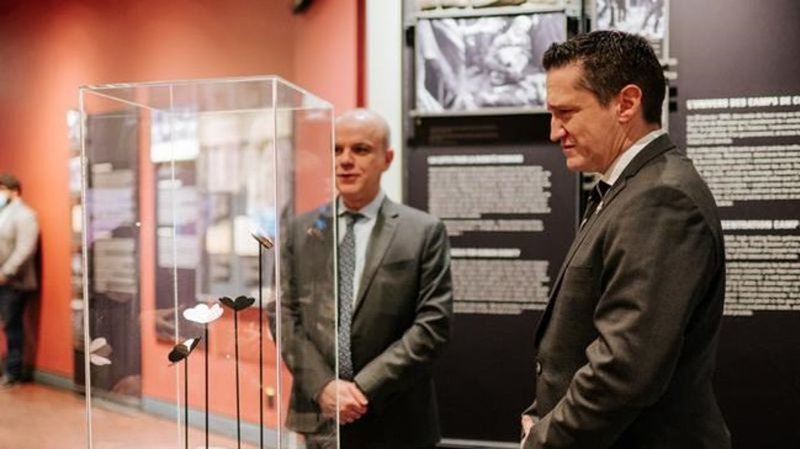
Expanded Holocaust museum coming to Montreal in 2025 to include hologram testimonials
MONTREAL — A bigger, more interactive and more modern Holocaust museum will be opening its doors in Montreal’s Plateau Mont-Royal neighbourhood in 2025.
If everything goes as planned, the opening of the relocated Montreal Holocaust Museum will coincide with the 80-year anniversary of the liberation of the Auschwitz concentration camp, and museum director Daniel Amar said the institution is crucial as memories start to fade.
“Some (visitors) don’t know about this tragic part of history, which justifies even more the need for a museum to both welcome them and educate them about this reality,” Amar said in a phone interview.
The new museum will be located on a 1,858 square-metre lot near the junction of the city’s museum and entertainment districts.


